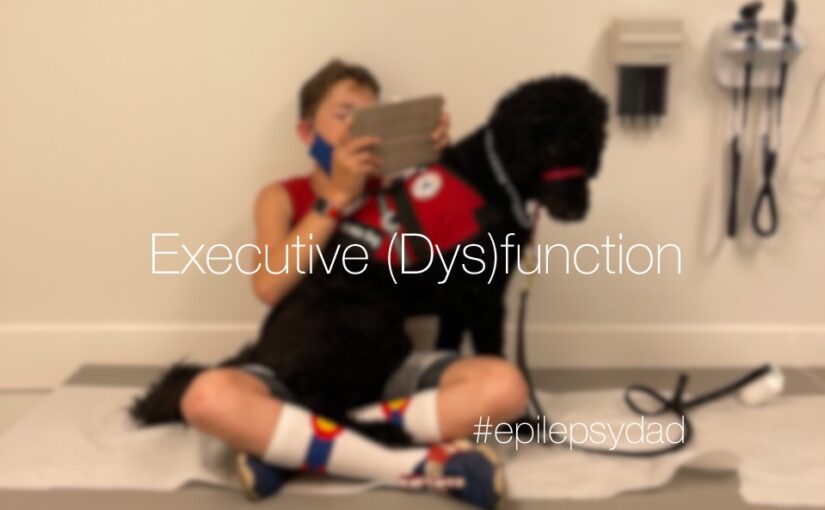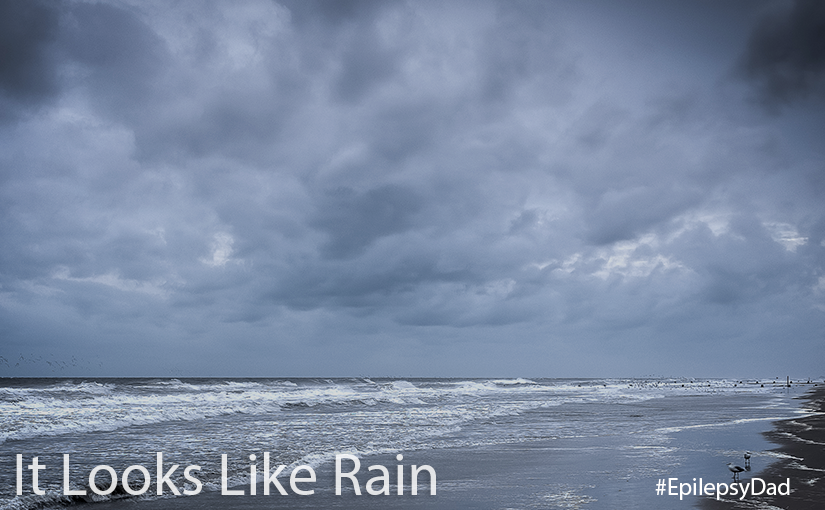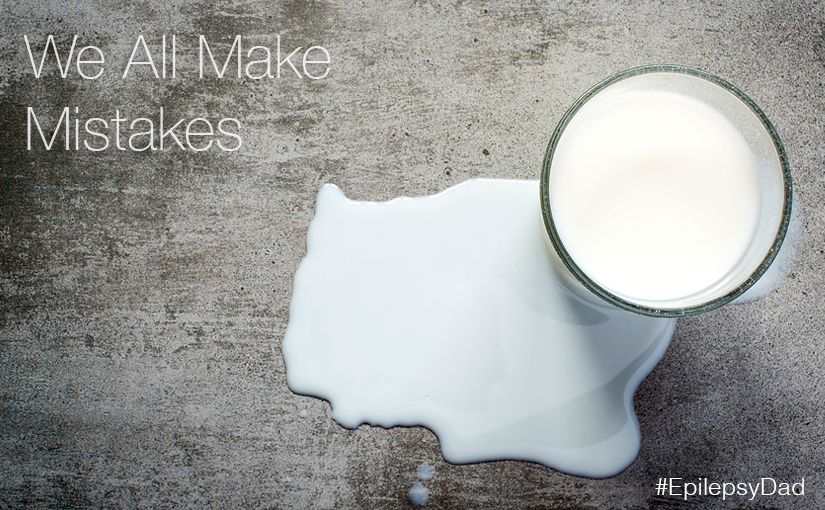We’re probably those parents who have relied too much on technology while raising our son. Between the hospital stays, appointments, and sick days, we have spent a lot of time waiting. There have also been days where our son was too mentally or physically tired to do anything else, so we’d hand him one of our phones. Eventually, my wife and I also got bored sitting around with nothing to do. We also struggled with the reality and stresses of our complicated life and equally needed a way to escape, so we bought our son an iPad so we could disappear into our phones.
In the beginning, leaning on technology served a purpose. It was a portable distraction that helped pass the time. By the time our son had fewer appointments and more good days, the habit of reaching for a device was automatic.
The pandemic didn’t help. We played a lot of UNO and other board games, drawing, and finding ways to interact, but it felt like a lot of hours to fill, so we fell into our default of electronics.
I’d often look up from my phone and see both my son and my wife firmly fixated on their devices. We were alone, together.
As he got older, we would occasionally review his device usage to ensure he wasn’t doing anything inappropriate, but we didn’t use the parental controls or other settings to limit his access or screen time. Any time we would try, largely driven a realization that he was addicted to his devices, he would get sick or we’d find a reason why he needed his device, so we would remove the limits.
When our son started puberty, we began to notice our son being more secretive about his device usage. When we investigated, we found that he was looking at inappropriate sites. As we looked into it, between his ADHD and issues with executive functioning, we also saw that he was having a hard time regulating and controlling his impulses.
On more than one occasion, after we turned on parental controls, we would see a receipt for purchases he had made after disabling the “Ask to Purchase” feature. He would also bypass the content restrictions to download inappropriate apps and visit adult websites.
Each time it happened, we’d sit down with him and have a conversation about rules and consequences. But, in many ways, it was like trying to rationalize with an addict. Worse, his struggles with attention and processing and our flexibility on the enforcement of the controls only set him up to fail. A few weeks ago, I saw another receipt for $200 worth of purchases in my inbox, including charges for apps that he knew were off-limits.
This time, the conversation was different. We could see the struggle he was having to resist the urge to bypass the parental controls. It’s like when enough time passes and any previous consequences from the last incident has faded, his brain can’t make the right choice. The league of screen addiction, ADHD, and executive processing and decision making issues are simply too much to overcome.
There are a number of studies detailing the impact of electronics on children, specifically as it relates to executive functioning and decision making, including “Less screen time, and more physical activity associated with executive function“, “Mobile Technology Use and Its Association With Executive Functioning in Healthy Young Adults” and “Addictive use of digital devices in young children: Associations with delay discounting, self-control and academic performance.” Many of the studies are on healthy children without the additional complexities that our son has, which can only exacerbate the impact on his developing brain.
We tried to explain the situation to him in a way without shame by taking our responsibility for not providing more structure on his screen usage. We also let him know that these struggles are normal for children his age and that it’s our job as his parents to help him navigate this time in his life.
Executive functioning, impulse control, and decision making are like muscles. A muscle doesn’t grow bigger unless you make it work hard, and you make this muscle work hard by having consequences, both good and bad. Historically, our negative consequences haven’t been very heavy, and that muscle hasn’t been strained. This time, we swapped in a heavy weight by taking away his devices completely for a few days. It was interesting to watch his attitude and awareness during that time, as both seemed to improve.
When we gave him back his devices, we include time limits to help wean him off his dependence on them for entertainment and to pass time. Spending more time in the real world is where he can flex those muscles to help him continue to learn how to successfully live in the real world.



